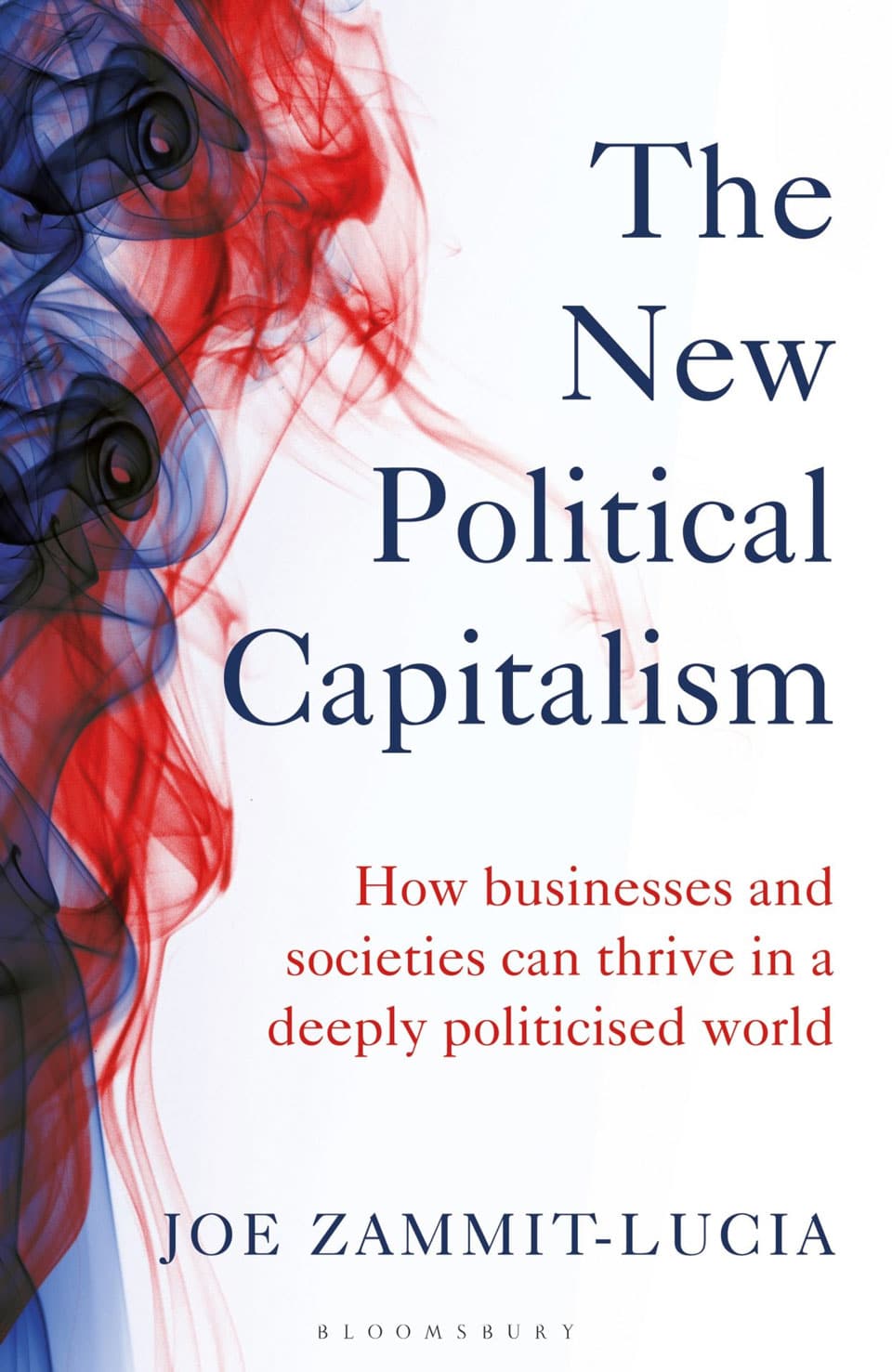The Cleantech Revolution is Finally Here

We’ve heard it for decades. We have been ‘on the brink’ of a clean industrial revolution seemingly forever. It never came. Now it’s here and, as always, driven by government policy.
The threat from climate change has been the subject of conversation, activism, and often aggressive debate for decades. It has successfully laid solid foundations on which renewable energy and progressive electrification started to be built. Yet the transition has remained far slow and relatively marginal in the bigger scheme of economic activity. Reactionary forces and entrenched vested interests resisted change – as always. Latterly, climate change was weaponized by some to drive further political division as part of the culture wars.
Those times are past and the cleantech industrial revolution is now likely to be the major source of economic opportunity and growth going forward. The catalyst that has unlocked and turbocharged change has not been a sudden conversion to the perils of climate change – real and grave though those are. It has been driven by geopolitical developments and increased geopolitical rivalry.
China understood the opportunity (and inevitability) of a clean industrial revolution well before anyone else. It positioned itself as the primary location for manufacturing renewables. It has established dominant control of the supply chains for the metals necessary for electrification. Today, it controls 90% of essential rare earth magnets.
Such is the belief in the inevitability of the transition that some in China see control of these supply chains as an opportunity to erode, over time, the dollar’s dominance as the world’s reserve currency. Some believe that control of the cleantech commodity market could, over the long term, do for the renmimbi what, in the fossil fuel era, the petrodollar did to establish US currency dominance.
All the while, the US and Europe were asleep at the wheel. Some in Western politics were more interested in fomenting partisan division than in positioning their countries for the inescapable cleantech future.
The proximate catalyst for change has been the Russian war of aggression in Ukraine. Suddenly, attention turned to the geopolitical and economic significance of energy sovereignty, security and affordability. None of which can be guaranteed while countries remain at the mercy of a global market for oil and gas significantly driven by OPEC and its member petrostates. The war in Europe has been a rude, if necessary, slap in the face.
The US has been the first to move. President Biden’s Inflation Reduction Act (IRA) is estimated to release some $2 trillion in total private and public investment in clean technology. European auto makers are flocking to the US to build their electric cars. Battery gigafactories are springing up. A cleantech market and infrastructure boom is ready to explode. It will be a major driver of US economic prosperity over the coming decades.
High energy industries from cement to aluminum production are pushing forward with major innovations that reduce energy use while shifting to low pollution energy sources. Energy hungry data centers – key to our digital future – will soon all be powered by their own renewable energy sources. Many other cleantech innovations that have been brewing for years are on the cusp of coming to fruition. The US entrepreneurial spirit and its dominance in hi tech capability and innovation will likely allow it to catch up and eventually overtake China’s head start. Companies that embrace these innovations and drive them forward will be the ones to reap the benefits as the market pivots.
Europe, once seen as being at the vanguard of the green transition now, sadly, finds itself behind the curve. The IRA is causing much angst as slow and ponderous decision-making risks a flight of capital to the US. The risk is that slow progress in Europe will not only lead to lagging economic growth, it could also become a geopolitical vulnerability for the Western alliance.
None of this means that the era of fossil fuel powered energy will suddenly fall off a cliff. That’s not how change happens. Much of the transition will itself still be powered by fossil fuels. In fact, as economies continue to develop, energy demand will increase necessitating a significant energy expansion as well as a transition. The mix that will be needed to fulfil such requirements is not yet clear.
Reducing supply of oil and gas before the cleantech infrastructure is sufficiently developed to reduce demand securely and reliably is a political and practical non-starter. BP estimates that “oil continues to play a major role in the global energy system for the next 15-20 years.” As for natural gas, there will likely be “increasing demand in emerging economies as they grow and industrialize offset by the transition to lower carbon energy sources, led by the developed world.”
The Western oil majors will eventually morph into broad-based energy majors and will need to play a significant role if the transition is to be achieved smoothly and effectively. It would be unwise to weaken these corporations to the extent that, over the next couple of decades, global oil and gas supply will end up largely controlled by corporations owned by petrostates some of which are politically hostile to the West.

In my recent book “The New Political Capitalism”, I argue that markets are political constructs as much if not more than they are commercial and economic constructs. For the last thirty years, the politics of climate change and the cleantech transition have been fraught, challenging, and testy. While many voters expressed support for climate policies in the abstract, they often objected to specific interventions. As a result, progress has been slower than is probably good for any of us.
The political winds have now turned and the cleantech future is upon us. It is now a race to see which countries and regions will emerge both politically and economically stronger by harnessing the new industrial revolution.
Written by Dr. Joe Zammit-Lucia.
Have you read?
Building Bridges for Empathy: Key Considerations for Leaders by Bonnie Low-Kramen.
Small Business Ideas You Can Start Today.
How to Redesign an Existing Team to Maximize Success by Kevin Eikenberry.
Reconnect With Nature at Jetwing Surf in Arugambay by Veidehi Gite.
These are the world’s trendiest countries, 2023.
Bring the best of the CEOWORLD magazine's global journalism to audiences in the United States and around the world. - Add CEOWORLD magazine to your Google News feed.
Follow CEOWORLD magazine headlines on: Google News, LinkedIn, Twitter, and Facebook.
Copyright 2025 The CEOWORLD magazine. All rights reserved. This material (and any extract from it) must not be copied, redistributed or placed on any website, without CEOWORLD magazine' prior written consent. For media queries, please contact: info@ceoworld.biz








